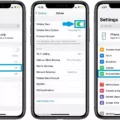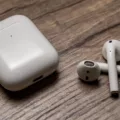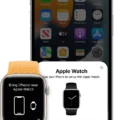The market for smartphones has become increasingly competitive, with a wide variety of models and brands vying for attention. One of the more recent entrants to the smartphone arena is the iPhone clone. An iPhone clone is a device that closely mimics Apple’s popular flagship device, but often at a much lower price point. But what exactly are iPhone clones and how do they compare to genuine iPhones?
An iPhone clone is an imitation of Apple’s iconic phone that offers some of the same features and functions but lacks the quality and reliability that comes with an original product. Clones often use inferior materials, such as cheap plastics and low-grade components, which can lead to decreased performance and a shorter lifespan. Additionally, many clones lack access to Apple’s App Store or iTunes Store, making them far less useful than their genuine counterparts.
One major advantage of an iPhone clone is its competitively low price point. Since clones are typically made in China using cheaper materials, they can be sold at prices significantly lower than those of genuine iPhones. However, it’s important to note that wile you may be able to purchase an iPhone clone for a fraction of the cost of an authentic model, you may be sacrificing quality and reliability in exchange for the lower price tag.
Another potential advantage of an iPhone clone is its compatibility with various technologies. Many clones are designed to be compatible with Android operating systems as well as iOS devices; this allows users to access apps from both Google Play and Apple’s App Store on teir device. Additionally, some clones may offer Dual SIM capabilities – allowing users to access two different networks simultaneously – or even support 5G networks in certain cases.
Ultimately, whether or not an iPhone clone is right for you will depend on your individual needs and budget constraints. While these devices may offer some cost savings compared to genuine iPhones, they typically lack the same level of performance and reliability found in authentic products due to their inferior construction materials and components. However, if you’re looking for a budget-friendly alternative that offers some degree of compatibility with Android operating systems as well as iOS devices then an iPhone clone might be worth considering.
Can an iPhone Be Cloned?
Yes, a iPhone can be cloned. Using iTunes, you can easily clone your iPhone by connecting the device to your computer and backing up all of the data on the device. Cloning an iPhone with iTunes takes less time than using iCloud, and it allows you to clone all of your data including settings.
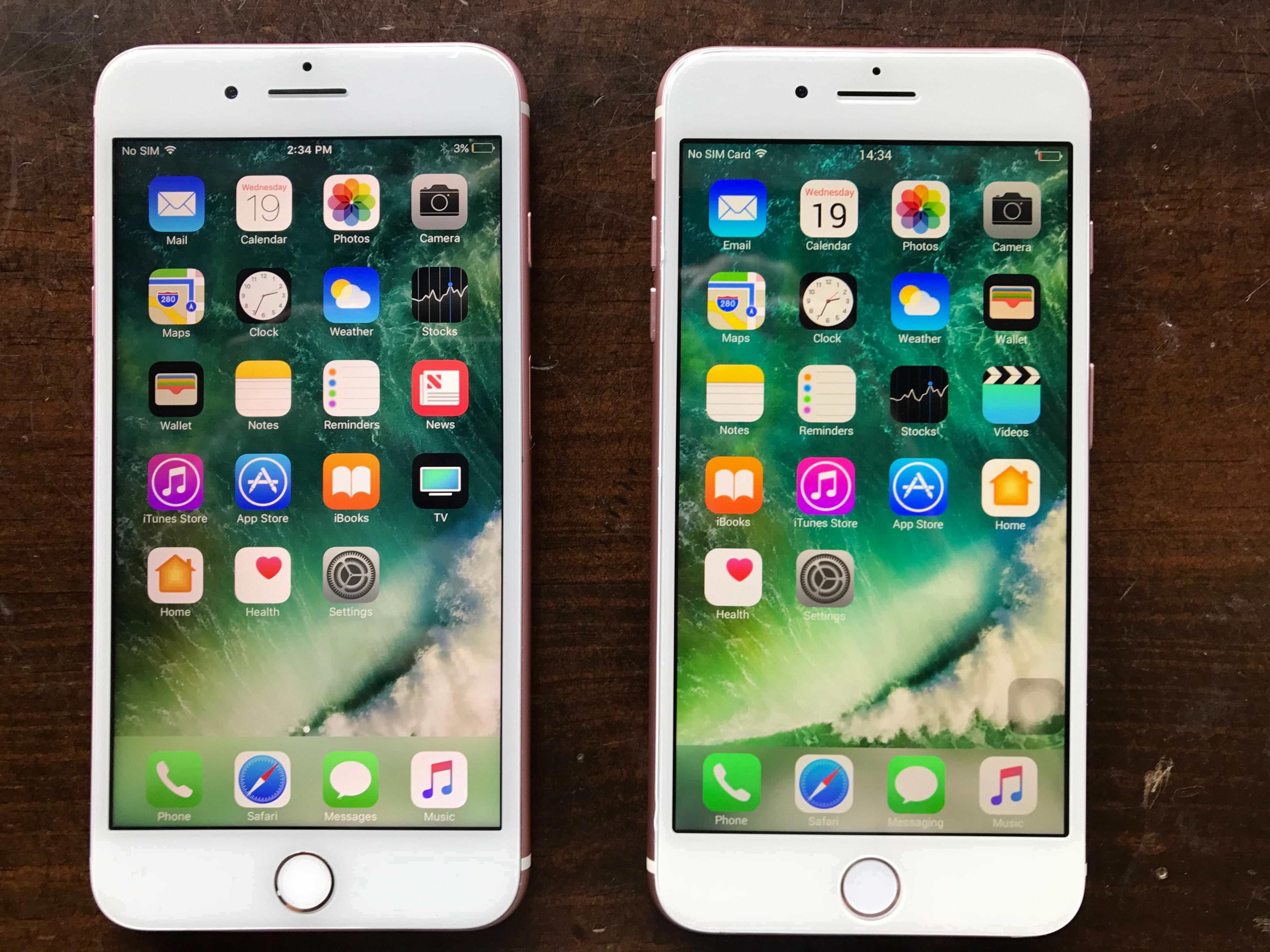
Source: cultofmac.com
The Benefits of Buying a Clone iPhone
No, it is not worth buying a clone iPhone. These phones are often made with low-quality components and can come pre-loaded with malicious software. Furthermore, they may not be compatible with the latest iOS updates, meaning you will be stuck with an outdated phone. Additionally, Apple warranties do not cover clone iPhones, so if something goes wrong you may be left without any support or recourse. For these reasons, it is best to avoid buying a clone iPhone and invest in an official model instead.
Are Clone Phones Secure?
Yes, clone phones are generally safe to use. As long as you’re using the authorised app for phone cloning, then you won’t face any issues while transferring data. Phone cloning is a quite secure method, and you won’t have to worry abut any of your files being deleted or corrupted.
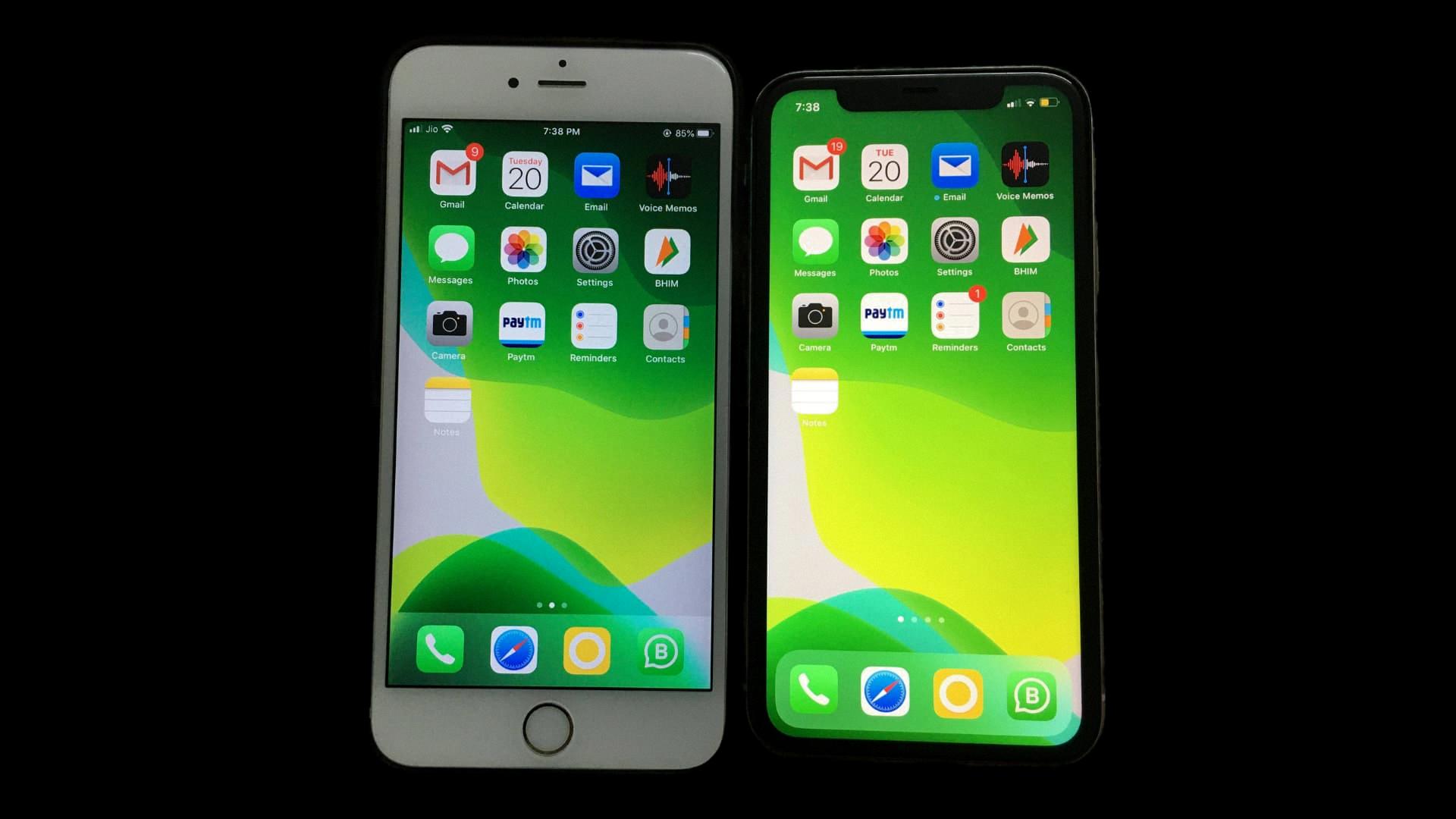
Source: idownloadblog.com
Differences Between an iPhone Clone and an Original iPhone
The main difference between an iPhone clone and an original iPhone is quality. An original iPhone is made to the highest standards by Apple, using the best materials and latest technologies. The hardware and software are designed to work together seamlessly, delivering a reliable and enjoyable user experience. On the other hand, clones are usually made with lower quality materials, and the hardware and software may not be as reliable or up-to-date as an original iPhone. Additionally, clones may come with pre-installed malicious software or apps that can compromise your personal data or lead to security risks. Finally, in some cases clones may not be compatible with services like iCloud or iTunes Store which can limit your ability to access crtain features or download content.
Detecting a Cloned Phone
Yes, you can detect if your phone has been cloned. One of the easiest ways to do this is to check your location apps such as Life360, Find My iPhone, the Android Device Manager, and Find My Mobile (Samsung). These apps will show the location of your device and if someone has cloned the IMEI or EID number, you will see two separate locations. You can also look out for suspicious activity on your phone such as unusual text messages or calls that you haven’t made. If you notice anything like this, it could be a sign that your phone has been cloned.
Cloning a Phone Using the IMEI Number
No, it is not possible to clone a phone with just the IMEI number. IMEI stands for International Mobile Equipment Identity which is a unique identifier of a mobile device. It is used to identify valid devices, block stolen devices, and trace lost or stolen phones. Cloning a phone requires access to the SIM card of the device as well as other information rlated to the owner and service provider. Therefore, it is not possible to clone a phone with only its IMEI number.
Does a Fake iPhone Run iOS?
No, fake iPhones do not run iOS. iOS is a proprietary operating system designed by Apple and is only available on genuine iPhones. Fake iPhones are typically powered by Android, with an iOS-like skin on top of the Android operating system to make the device look like a genuine iPhone. However, these fake iPhones will not have access to all of the features and services that a genuine iPhone with iOS running on it would have. Additionally, fake iPhones may be less secure than genuine iPhones as they may not receive regular software updates or security patches from Apple.
Identifying a Cloned iPhone
The first and most reliable way to tell if your iPhone is a clone is to check the serial number. You can find the serial number by going to Settings > General and tapping About. If the serial number appeas on any other device, then it is likely a clone. Additionally, clones usually have a different appearance than genuine iPhones. Clones may have different fonts or logos than genuine iPhones, they may be thicker or heavier than genuine iPhones, and they may have a different feel from genuine iPhones when touched. Finally, clones typically lack features that are present in genuine iPhones such as the Apple logo on the back of the device or the presence of Siri. If you suspect your iPhone is a clone, it’s best to take it to an Apple store for verification.
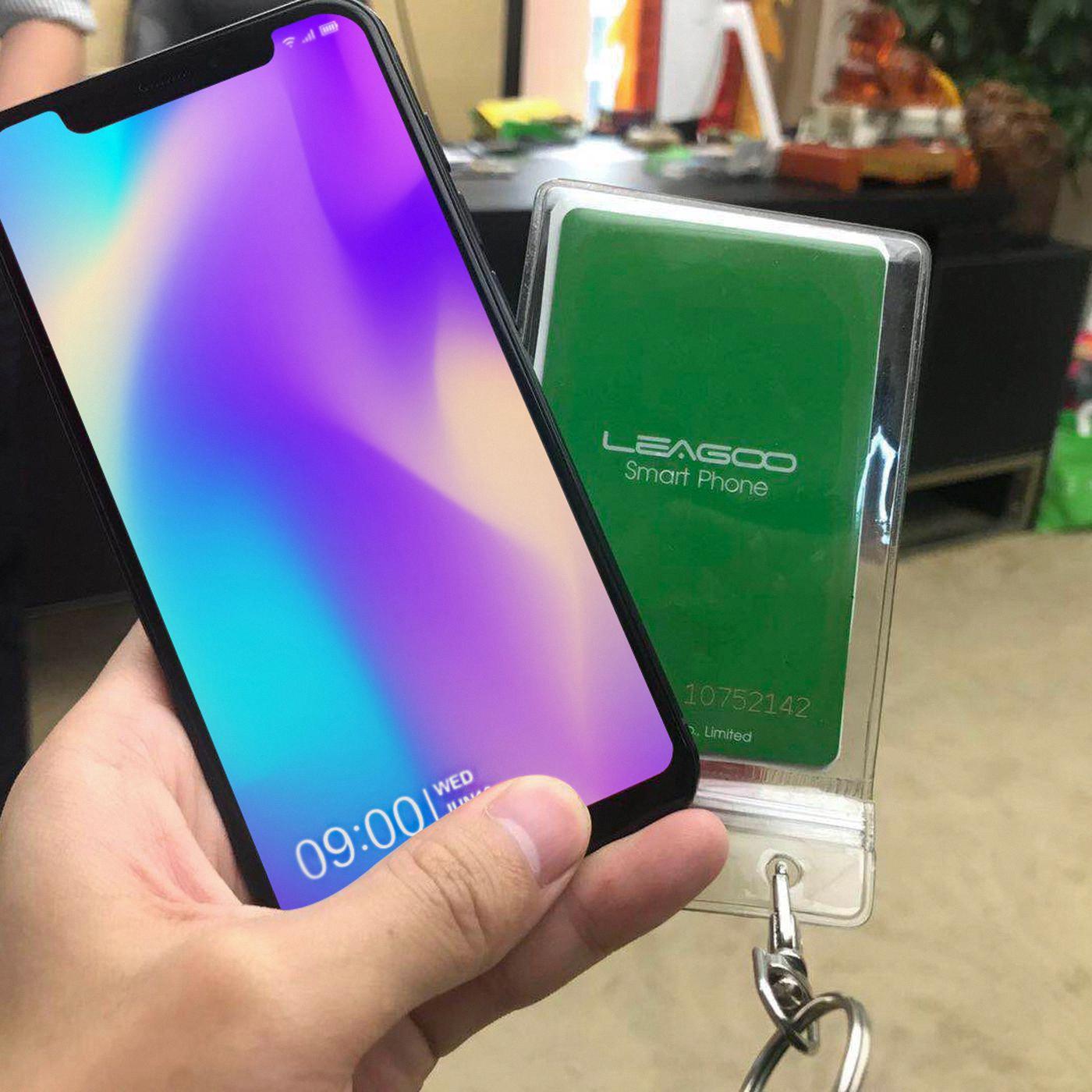
Source: theverge.com
Verifying the Authenticity of an iPhone
To check if your iPhone is real, you’ll need to look up the serial number on the device itself. To locate the serial number, open the Settings app on your iPhone, tap General and select About. Scroll down to Serial Number and make a note of the number. Next, you should visit Apple’s website and use teir online tool to verify the serial number against their database of iPhones. If it is a genuine Apple device, it will show up in the search results. If not, there may be a problem with your purchase or device and you should contact Apple Support for further help.
Conclusion
The iPhone clone is a device that tries to copy the design and features of an Apple iPhone, but for a fraction of the cost. It typically has a similar form factor as an iPhone, with similar components, but utilizes cheaper or less advanced parts. While it may be attractive to some buyers loking for a budget-friendly alternative to an Apple phone, there are many drawbacks. The performance of the clone often is poorer than that of an iPhone and the software may not be as up-to-date. Additionally, compatibility with some apps and services may be limited, and customer service can be unreliable. All in all, while the low cost of a clone makes it appealing, buyers should consider all these factors before purchasing one.

